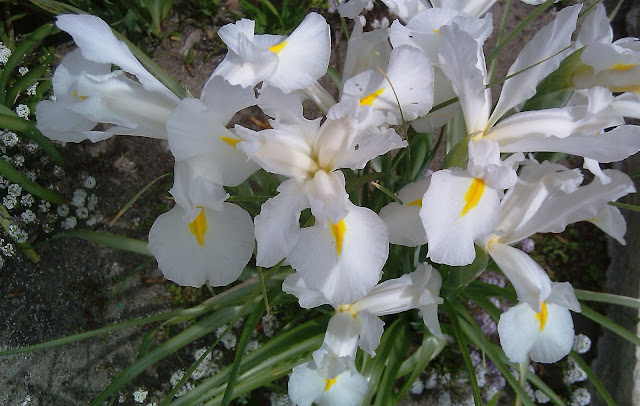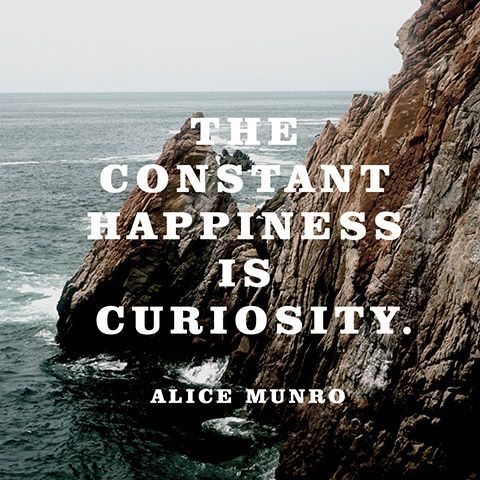
Nurture awareness and search for three Amazements.
They might greet in the form of an unexpected card received in snail mail. House finches do provide entertainment while frolicking in the bird bath.
An osprey could land on a house roof as you pass.
Once you have set your sights for Amazements, they will find you.
Notes from nature will make you smile and help you relinquish the day's concerns.
Watch leaves fall in heart patterns and breathe as roses decant their scents.
Those you love and greet daily will also provide messages that break the tension of your day.
Collect in threes and then go for fives.

Collate the amazements into a story or poem.

















































